Buy Skilarence (dimethyl fumarate) Online For Sale
From $87.00
DISEASE INDICATIONS: Psoriasis
MANUFACTURER: Almirall, S.A.
USAGE: Oral
MEDICINE APPROVED BY: European Medical Agency (EMA)
Skilarence is a medication used to treat moderate to severe plaque psoriasis in adults. Developed by Almirall, it works by reducing inflammation and cell proliferation in the affected skin cells. It has been approved by the European Medicines Agency and found safe for use in clinical trials.
Skilarence (dimethyl fumarate) is a prescription medication used to treat adults with moderate to severe plaque psoriasis. It is a fumaric acid ester and works by reducing inflammation and cell proliferation, which helps to improve symptoms and reduce the severity of the disease. Skilarence was developed by Almirall, a pharmaceutical company based in Spain, and was first approved by the European Medicines Agency (EMA) in 2016.
What is plaque psoriasis?
Plaque psoriasis is a chronic autoimmune disease that causes the skin cells to multiply rapidly, resulting in thick, scaly patches of skin. The condition is caused by an overactive immune system, and the symptoms can be triggered by stress, infections, or injuries to the skin.
How does Skilarence work?
Skilarence works by reducing inflammation and cell proliferation in the affected skin cells, which helps to improve symptoms and reduce the severity of the disease. It is taken orally and is believed to have a direct anti-inflammatory effect on the skin cells.
Clinical trials for Skilarence
The approval of Skilarence by the EMA was based on several clinical trials, including the Phase III BRIDGE study, which enrolled 740 patients with moderate to severe plaque psoriasis. Participants were randomly assigned to receive either Skilarence or a placebo for 16 weeks, followed by a 32-week open-label extension phase. The study found that patients who received Skilarence experienced significant improvements in their skin condition compared to those who received the placebo.
Side effects of Skilarence
The most common side effects of Skilarence include flushing, gastrointestinal symptoms, and a decrease in white blood cell count. Other potential side effects include headache, allergic reactions, and kidney problems. Patients should contact their healthcare provider immediately if they experience symptoms such as fever or difficulty breathing.
Skilarence and other medications
Patients who are taking Skilarence should not take other fumaric acid esters or other medications that suppress the immune system. Skilarence may also interact with certain medications, such as proton pump inhibitors, and patients should discuss their medication list with their healthcare provider before starting treatment.
Conclusion
Skilarence (dimethyl fumarate) is a medication used to treat adults with moderate to severe plaque psoriasis. It works by reducing inflammation and cell proliferation in the affected skin cells. The approval of Skilarence by the EMA was based on several clinical trials, which demonstrated its effectiveness in improving symptoms. The most common side effects of Skilarence include flushing, gastrointestinal symptoms, and a decrease in white blood cell count. Patients should also be aware of potential interactions with other medications and should discuss their medication list with their healthcare provider before starting treatment.
| Package | 42 tablets of 30 mg, 90 tablets of 120 mg |
|---|
3 reviews for Buy Skilarence (dimethyl fumarate) Online For Sale
Add a review Cancel reply
Related products
Dermatology
Dermatology
Dermatology
Dermatology
Dermatology
Dermatology


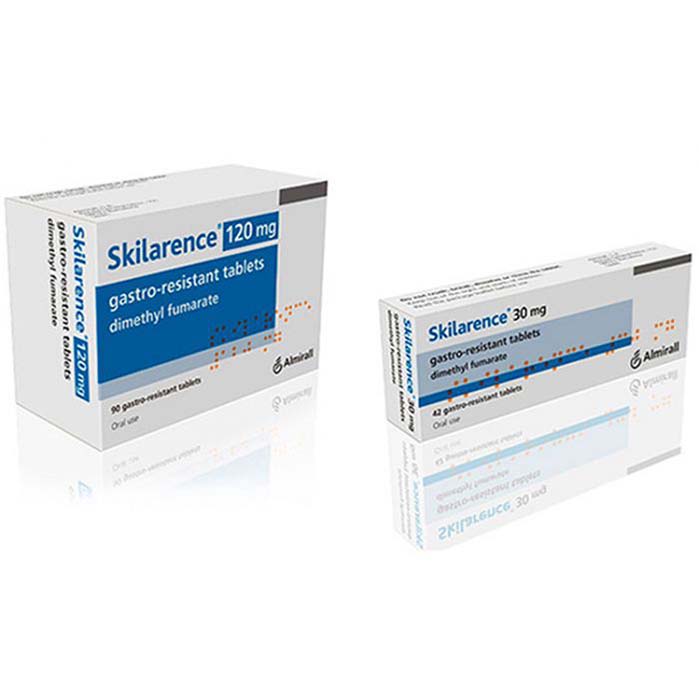
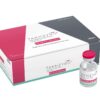
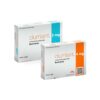
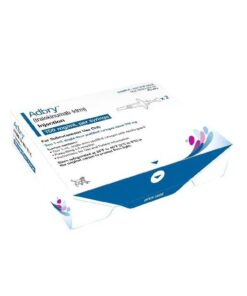
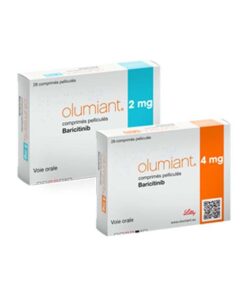
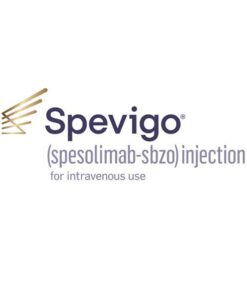
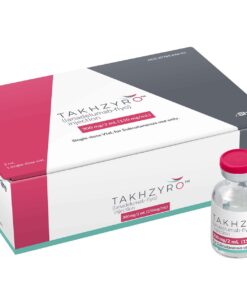
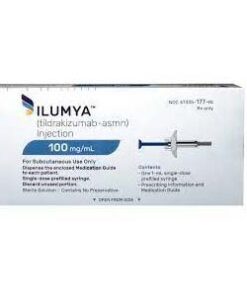
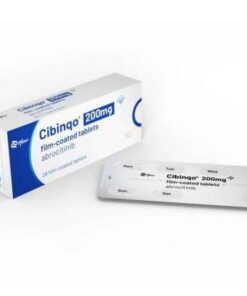
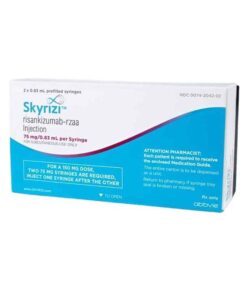
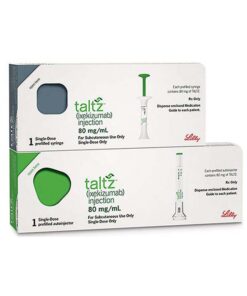
NatalieInBloom –
I was hesitant to try another medication after years of letdowns, but Skilarence has exceeded my expectations. It’s easy to take, and the improvement has been steady. The biggest win for me is the reduction in flare-ups—what used to be constant patches are now faint reminders of what my skin used to look like. I feel healthier overall and more confident in my daily life. No serious side effects for me, just a huge step forward.
David R. –
Skilarence wasn’t an overnight miracle—but it was a steady, consistent improvement. I started noticing real change by month two, and now, five months in, my skin is about 80% clear. I experienced some mild flushing early on, but it passed quickly and was manageable. Compared to the side effects I’ve had from injections, this was a breeze. I’m really happy with this treatment—it’s the best option I’ve found so far.
Sophie M. –
I’ve dealt with moderate to severe plaque psoriasis for most of my adult life, and it’s been a rollercoaster of creams, light therapy, and biologics. Skilarence has been the first oral treatment that really made a difference without making me feel worse in the process. It took a few weeks to adjust, but once my body got used to it, the results were incredible. My plaques have faded, and the itching is nearly gone. I’m finally comfortable in short sleeves again.